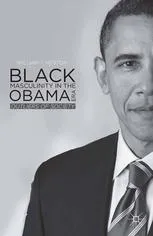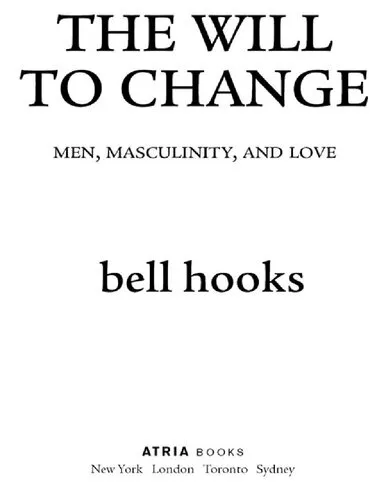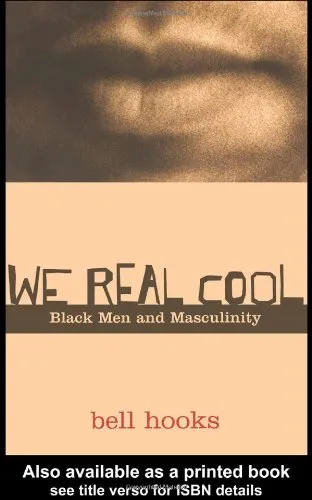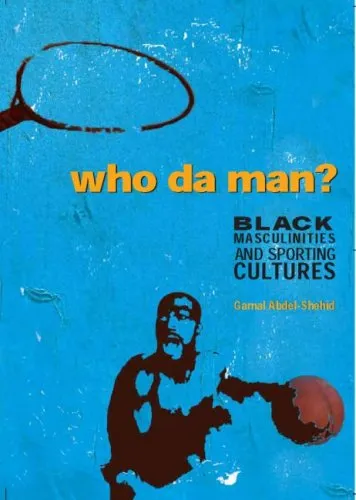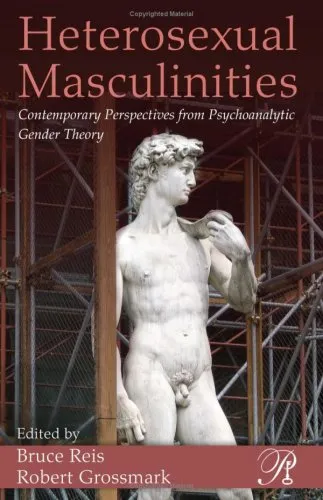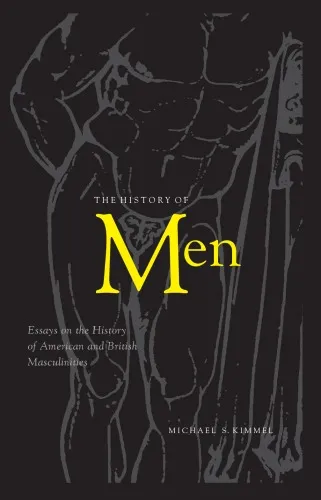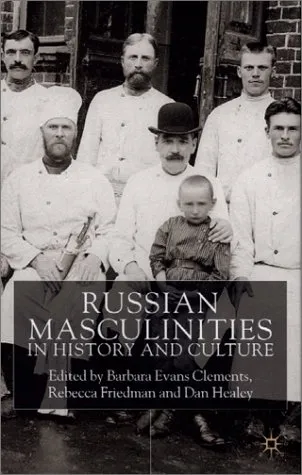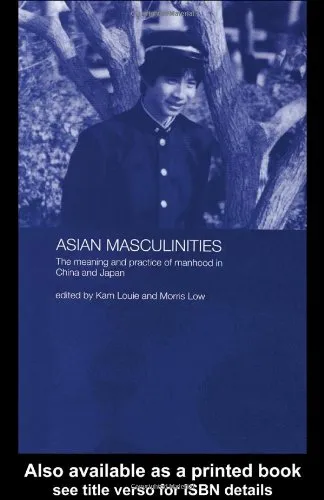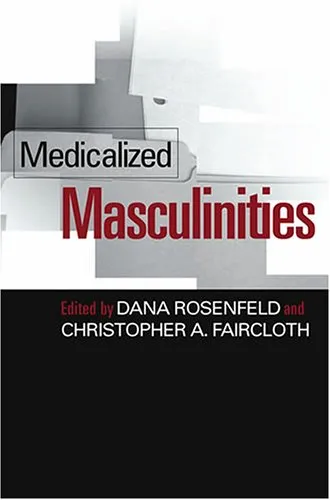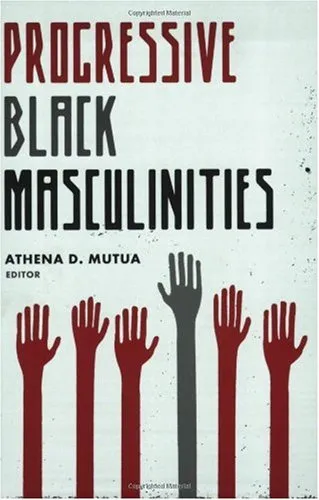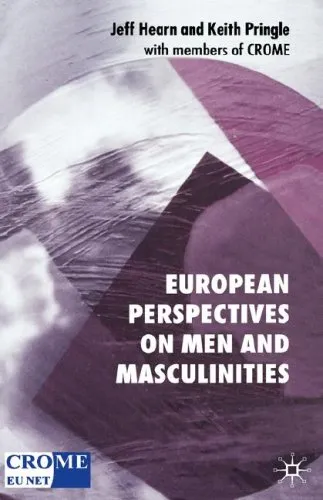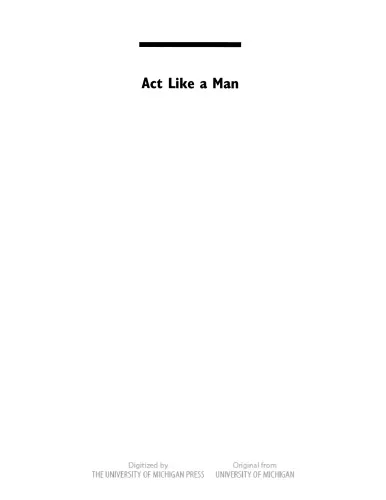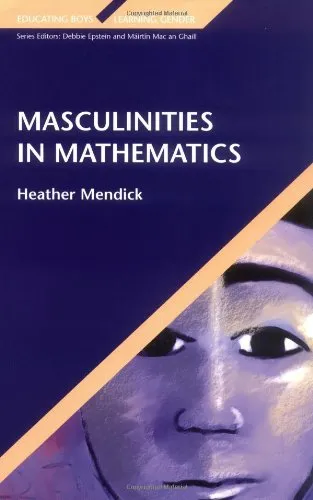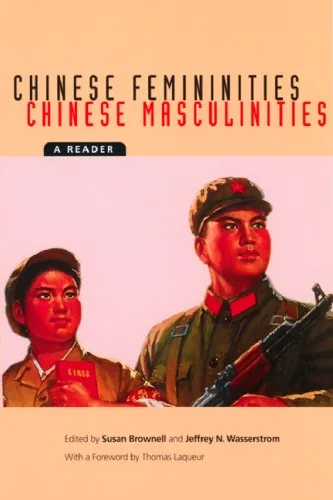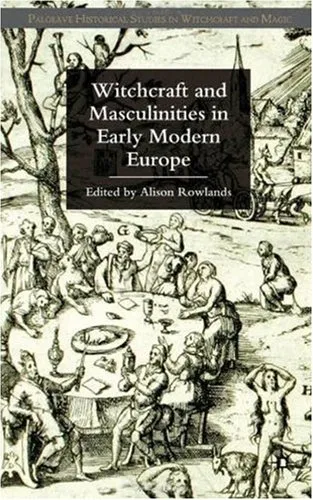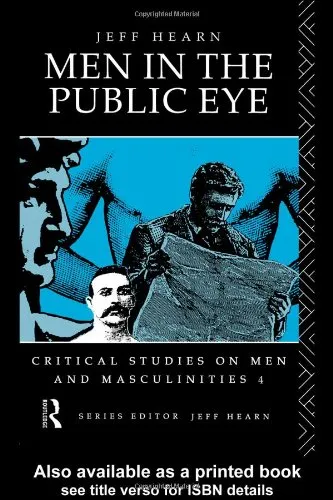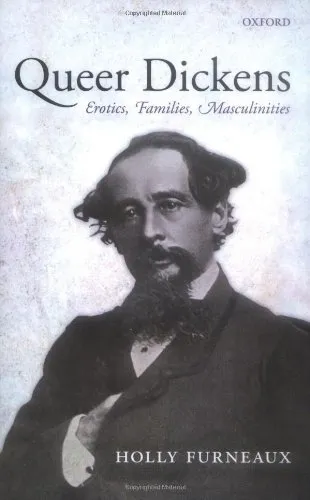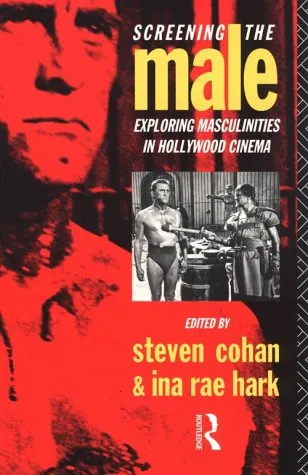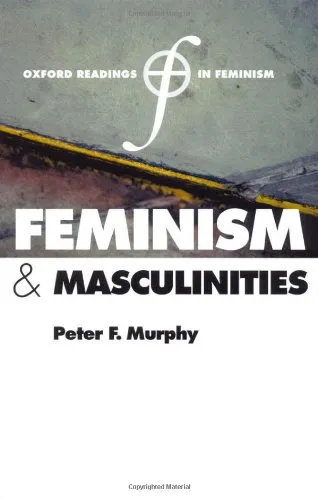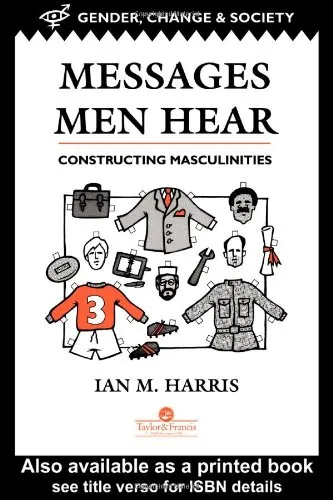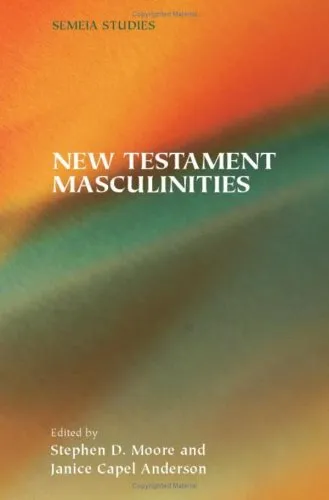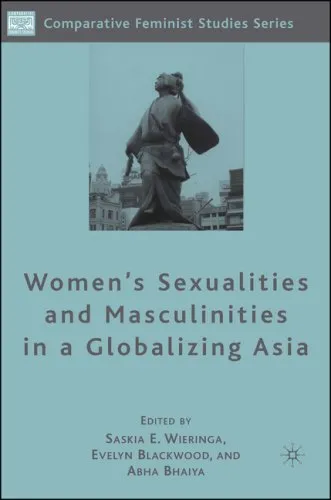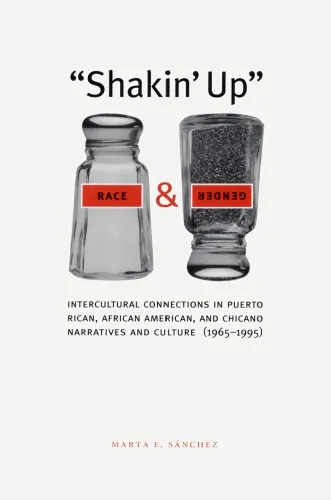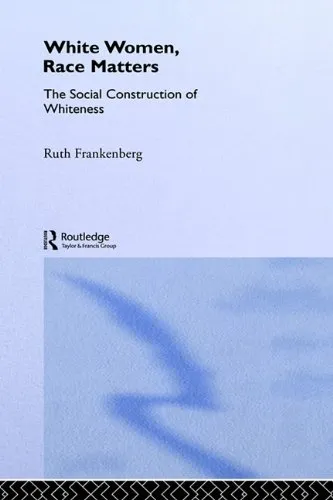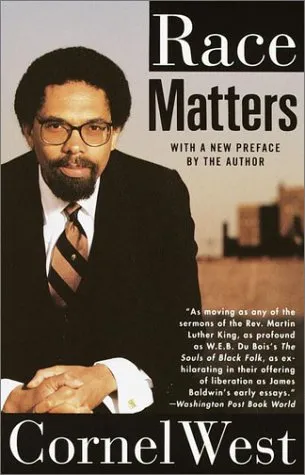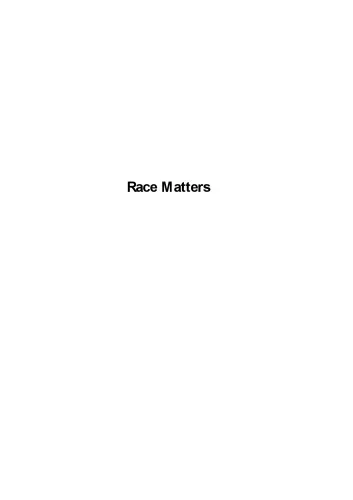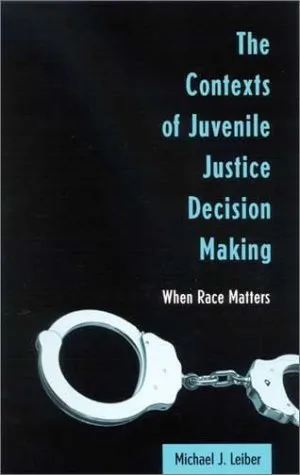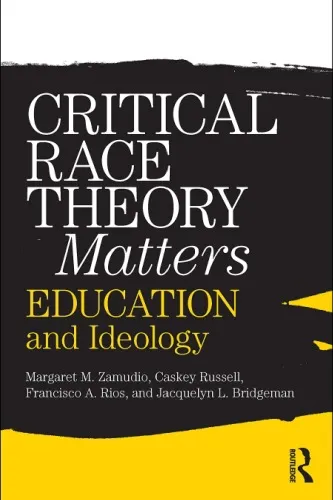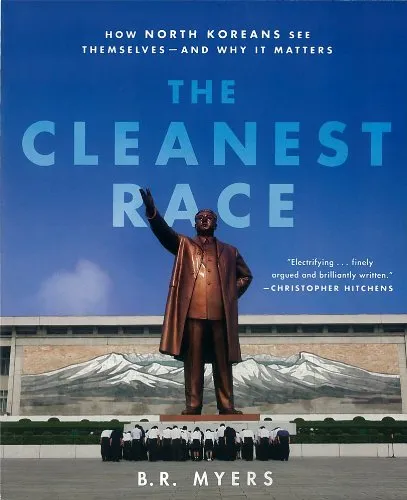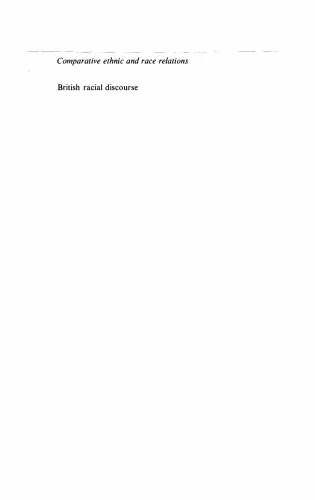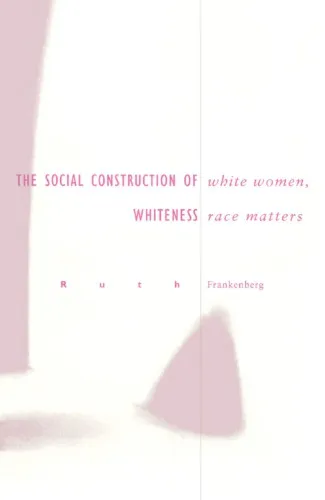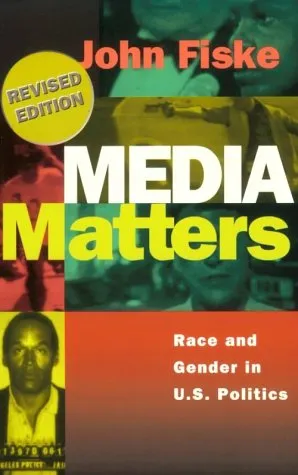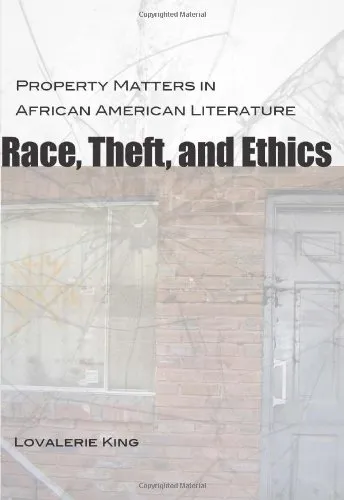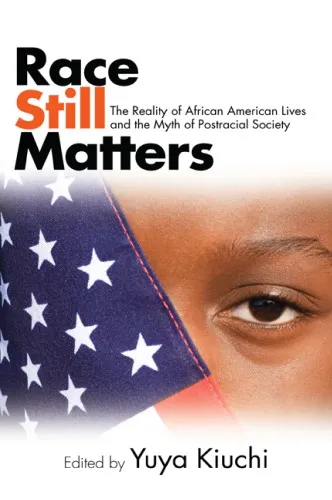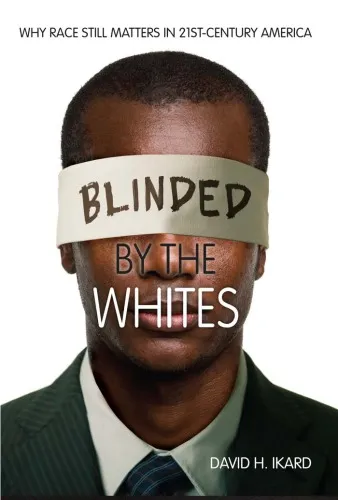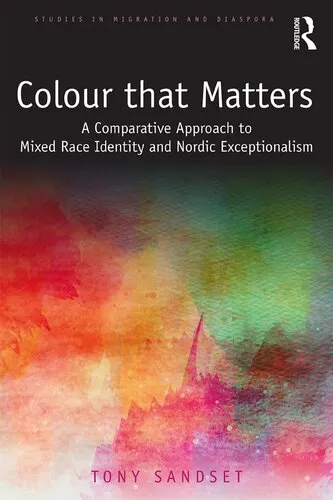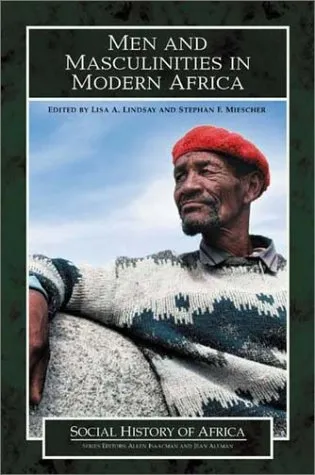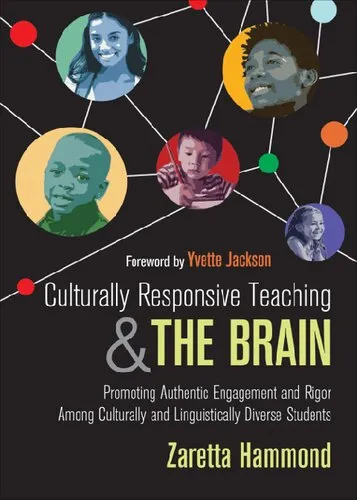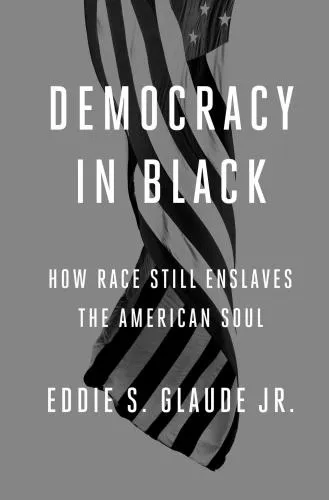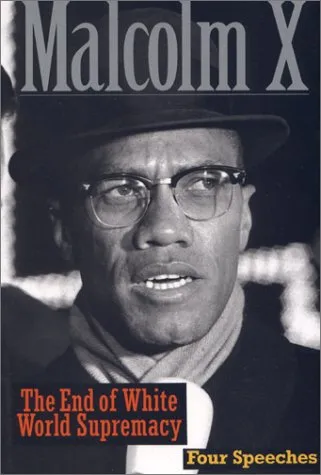Black Masculinity in the Obama Era: Outliers of Society
4.0
بر اساس نظر کاربران

شما میتونید سوالاتتون در باره کتاب رو از هوش مصنوعیش بعد از ورود بپرسید
هر دانلود یا پرسش از هوش مصنوعی 2 امتیاز لازم دارد، برای بدست آوردن امتیاز رایگان، به صفحه ی راهنمای امتیازات سر بزنید و یک سری کار ارزشمند انجام بدینکتاب های مرتبط:
مقدمهای بر کتاب "Black Masculinity in the Obama Era: Outliers of Society"
کتاب "Black Masculinity in the Obama Era: Outliers of Society" اثری پژوهشی و تأملبرانگیز از ویلیام تی. هاستون است که به بررسی مردانگی سیاه در دوران ریاستجمهوری باراک اوباما میپردازد. این اثر با نگاهی جامع و چندلایه، به کاوش در مسائل هویتی، اجتماعی و فرهنگی مردان سیاهپوست در آمریکا پرداخته و از دورهای خاص در تاریخ برای تحلیل عمیق این موضوعات بهره گرفته است. نویسنده با استفاده از چارچوبهایی مثل Sociology، Critical Race Theory و مطالعات فرهنگی تلاش کردهاست تا مردانگی سیاه را بهعنوان عنصری اساسی در شکلگیری و تعریف تجربه آمریکایی بررسی کند.
خلاصهای جامع از کتاب
ویلیام تی. هاستون در این کتاب تلاش میکند تا مردانگی سیاه را بهعنوان مفهومی چندوجهی که در تعامل میان عوامل مختلفی مانند نژاد، طبقه اجتماعی، جنسیت و سیاست شکل میگیرد، بررسی کند. او دوران ریاستجمهوری باراک اوباما را بهعنوان یک نقطه عطف تاریخی در نظر میگیرد که در آن شخصیت عمومی رئیسجمهور سیاهپوست بهطور متناقض، هم به بازتعریف تصویر مرد سیاهپوست کمک کرد و هم چالشهای جدیدی را برای این گروه به وجود آورد. کتاب مجموعهای از تحلیلهای انتقادی از رسانه، سیاست، فیلمهای Hollywood و گفتمان عمومی در ایالات متحده ارائه میدهد تا نشان دهد چگونه هویت مرد سیاهپوست توسط این نیروها بازسازی میشود.
نکات کلیدی کتاب
- بررسی تأثیرات ریاستجمهوری باراک اوباما بر تصویر مردانگی سیاهپوست در آمریکا.
- تحلیل نقش رسانهها و فرهنگ Popular در بازتولید کلیشهها و باورهای غلط درباره مردانگی سیاه.
- ارائه چارچوبهای نظری برای درک بهتر تجربههای زیسته مردان سیاهپوست بهعنوان Outliers در جامعه.
- کاوش در مفاهیم Intersectionality و تأثیر آنها بر مردانگی سیاهپوست.
- نقد بازنماییهای سینمایی و رسانهای از مردان سیاه با تمرکز بر فرم و محتوا.
نقلقولهای مشهور از کتاب
“The election of Barack Obama was not the completion of the journey, but rather an ongoing negotiation of what Black masculinity represents in the eyes of the world.”
“Black men are more than stereotypes, but the media often fails to seek stories that humanize rather than criminalize them.”
“To study Black masculinity is to study the soul of America itself, with all its failures and triumphs on display.”
چرا این کتاب مهم است؟
کتاب "Black Masculinity in the Obama Era" نه تنها یک بررسی آکادمیک است، بلکه صدایی برای گروهی است که در بسیاری از گفتمانهای عمومی و آکادمیک نادیده گرفته شدهاند. این کتاب اهمیت دارد زیرا سعی میکند نگاهی جامع و پیچیده به تجربه زیسته مردان سیاه در جامعهای ارائه کند که همواره تحت تأثیر نژادپرستی ساختاری و تبعیض بوده است. همچنین این کتاب فرصتی است برای تأمل در نقش سیاست و فرهنگ در ایجاد یا کاهش نابرابریها و ارائه تحلیلهای کاربردی برای پیشبرد عدالت اجتماعی. با بررسی دقیق مفاهیمی مثل Toxic Masculinity، سیاستهای نژادی و نقش رسانهها، این کتاب ابزارهای شناخت عمیقی برای پژوهشگران، فعالان اجتماعی و عموم جامعه فراهم میکند.
Introduction
In the post-Obama era, the cultural and social narratives surrounding Black masculinity have sparked powerful discussions about identity, history, and representation. Black Masculinity in the Obama Era: Outliers of Society by William T. Hoston provides a groundbreaking exploration of the complexities and contradictions of Black masculinity during Barack Obama's presidency and beyond. Bridging disciplines such as sociology, cultural studies, and political theory, this book delves deep into the lived experiences of Black men, addressing how societal norms, historical structures, and popular culture have shaped their identities. Through rich analysis and poignant storytelling, this work unpacks the nuanced challenges faced by Black men in a world that often marginalizes them while confronting systemic oppression and redefining notions of success, manhood, and community.
As the first Black president, Barack Obama stood as a global symbol of progress and hope, yet his presidency also brought into focus the persistent struggles that Black men endure. This book positions Obama's cultural and political significance as a backdrop to analyze larger questions about societal perceptions of Black masculinity, as well as the hurdles that prevent full societal inclusion. With thought-provoking insights, Black Masculinity in the Obama Era brings to light how Black men navigate their identities as outliers in a society dominated by stereotypes, institutional exclusion, and the search for a redefined existence. The book shines an important light on issues of race, identity, and power, making it essential reading for anyone seeking a deeper understanding of contemporary Black masculinity.
Detailed Summary of the Book
This book is meticulously organized to explore the intersections of race, masculinity, and power through the lens of Black men’s lived realities during the era of Obama and beyond.
The author begins by contextualizing Barack Obama's presidency as both a paradigm shift and paradox for Black masculinity. Obama represented a transformative moment in American politics, but his carefully curated public image also conformed to certain societal expectations about how Black men should behave. The chapters trace historical narratives of Black masculinity, interrogating how slavery, systemic racism, and segregation have cast long shadows over perceptions of Black men today. Hoston then delves into the media’s role—analyzing portrayals of Black athletes, entertainers, and everyday men—to evaluate the collective cultural imagination surrounding Black masculinity.
The book also sheds light on the structural forces that perpetuate inequality and exclusion for Black men, such as criminal justice systems, underemployment, and barriers to education. These systems label Black men as social outliers, further complicating their access to opportunity and self-determination. Through case studies, interviews, and anecdotal evidence, readers discover how Black men challenge these stereotypes, redefine masculinity, and reclaim their voices in spaces where they are often silenced. Finally, the book considers pathways forward, advocating for radical reimaginations of inclusivity, equality, and agency for Black men in modern society.
Key Takeaways
- Historical constructs of Black masculinity continue to shape societal attitudes and institutional practices today.
- Barack Obama's presidency was a double-edged sword for the perception of Black men—symbolizing progress while perpetuating respectability politics.
- Media portrayals often stigmatize Black masculinity, perpetuating stereotypes that hinder societal integration.
- Masculinity for Black men is constantly being renegotiated in light of systemic barriers, community expectations, and the realities of race in America.
- A reimagined understanding of Black masculinity requires dismantling societal stereotypes and amplifying authentic, diverse narratives.
Famous Quotes from the Book
"Black masculinity thrives, not in the shadows of stereotypes, but in the vibrant complexities of lived experiences."
"Obama’s presidency was not the remedy for centuries of oppression; it was a chapter in an ongoing struggle for Black men to fully belong."
"To be a Black man in America is to live at the crossroads of visibility and invisibility, fighting to be seen for who you are beyond the shadows society casts upon you."
Why This Book Matters
At its core, Black Masculinity in the Obama Era: Outliers of Society aims to facilitate a deeper conversation about what it means to be a Black man in the 21st century. This book matters because it challenges the dominant narratives that limit the understanding of Black masculinity and replace one-dimensional stereotypes with nuanced, multidimensional realities. By exploring the systemic obstacles, cultural dynamics, and personal triumphs tied to Black masculinity, Hoston’s work provides valuable tools for educators, activists, and everyday readers invested in equity and justice.
Furthermore, the themes addressed in this book stretch far beyond the Obama era. The legacies of race, masculinity, and identity will continue to shape the landscape of American society. Thus, this book serves as a timeless resource for those seeking to understand and dismantle the oppressive systems that Black men confront daily. True to its mission, this book uplifts outliers—those marginalized by society—and gives voice to their experiences, making it an essential read for anyone who values humanity, justice, and the power of storytelling.
دانلود رایگان مستقیم
شما میتونید سوالاتتون در باره کتاب رو از هوش مصنوعیش بعد از ورود بپرسید
دسترسی به کتابها از طریق پلتفرمهای قانونی و کتابخانههای عمومی نه تنها از حقوق نویسندگان و ناشران حمایت میکند، بلکه به پایداری فرهنگ کتابخوانی نیز کمک میرساند. پیش از دانلود، لحظهای به بررسی این گزینهها فکر کنید.
این کتاب رو در پلتفرم های دیگه ببینید
WorldCat به شما کمک میکنه تا کتاب ها رو در کتابخانه های سراسر دنیا پیدا کنید
امتیازها، نظرات تخصصی و صحبت ها درباره کتاب را در Goodreads ببینید
کتابهای کمیاب یا دست دوم را در AbeBooks پیدا کنید و بخرید
1447
بازدید4.0
امتیاز0
نظر98%
رضایتنظرات:
4.0
بر اساس 0 نظر کاربران
Questions & Answers
Ask questions about this book or help others by answering
No questions yet. Be the first to ask!
